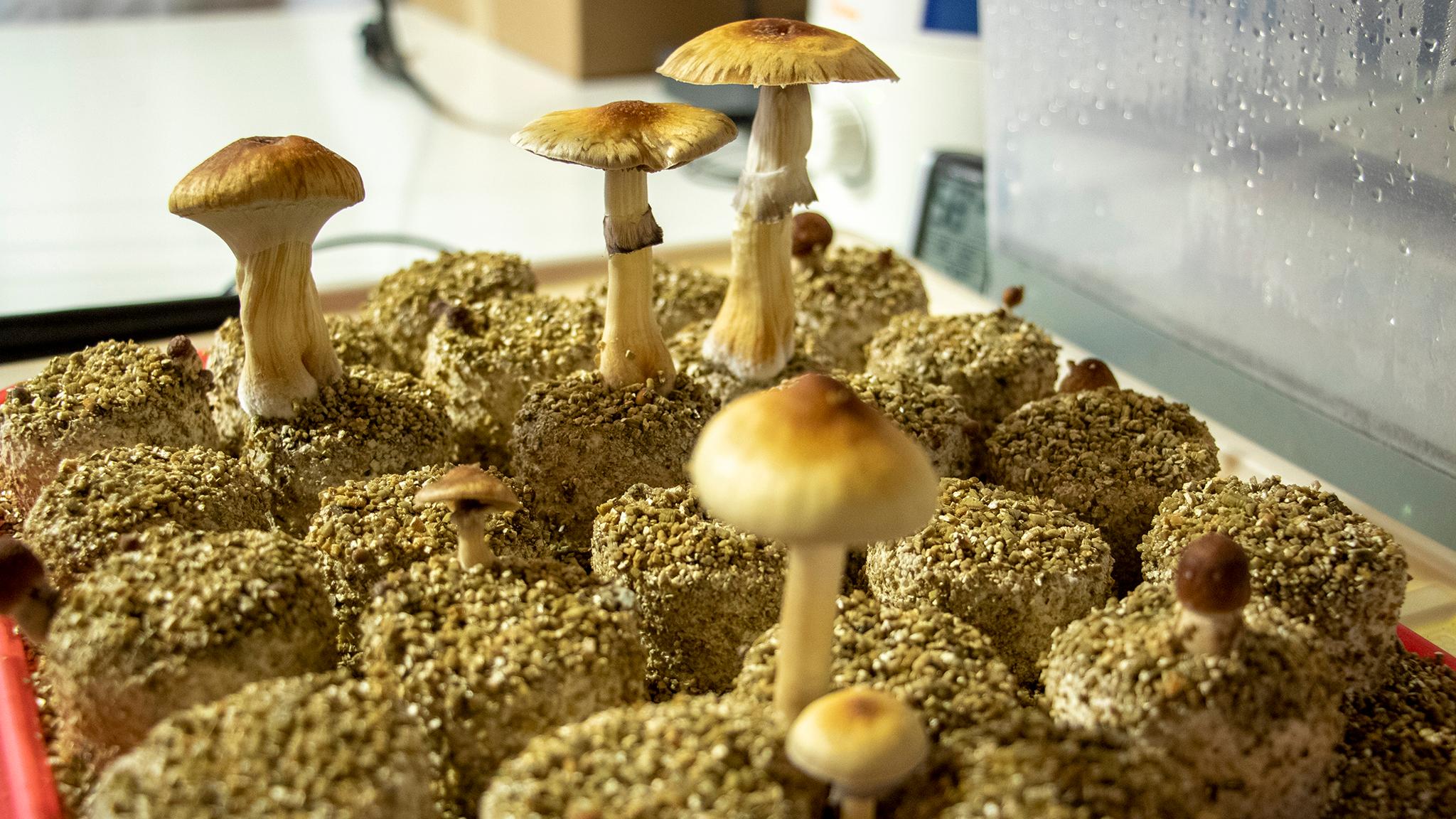Kevin Matthews, chief architect of Denver's psilocybin mushroom decriminalization, has found himself in demand.
Matthews has been speaking to people across the country interested in writing a similar initiative for their cities. He's currently working with people in California hoping to bring a statewide initiative before voters.
"We get messages at least once a week about, 'How do we do this in our state?'" Matthews said. "From Anchorage to Washington. You should expect to see these kinds of initiatives sprouting up across the country."
The initiative was turning heads even before it squeaked out a victory earlier this month: Matthews said he started getting calls from people before the measure was even on the ballot. Proponents of the measure delivered signatures to ensure a place on the ballot in January.
"I think a lot of Americans are ready for this," Matthews said.
Matthews confirmed he's in contact with Decriminalize California, an organization trying to get a statewide ballot measure in place for the 2020 election. Part of their team visited Colorado to support Denver's initiative.
"We have lessons learned and strategies to share," Matthews said. "We want to do that with any groups in any jurisdiction where they feel like they can get it done."

Decriminalize California campaign director Ryan Munevar visited Denver over a nine-day period before the May 7 election to canvass in support of the local ballot measure. Munevar said over the phone Friday that he first got in contact with Matthews in December after a friend suggested they link up.
"He put out a notice that they needed people for canvassing and volunteering," Munevar said, who came to Colorado with his younger brother. "We decided to go out there and help him."
Munevar's bunch will need a Herculean effort to get their measure before voters. A statewide initiative in a state with a population nearly eight times larger than Colorado's means supporters will need to get some 700,000 valid signatures. But to be on the safe side, Munevar said they will likely aim for 1 million. He said they're planning on beginning the signature collection process in late summer or mid-December to be more cost-effective.
He sees the decriminalization efforts as a part of a national movement.
"I do feel that this is the right time in history," Munevar said. "There is so much polarization on both sides ... this is the chance to actually get something done."
Matthews said hasn't been in contact with people out in Oakland, where the city council is considering a resolution to decriminalize natural psychedelics including psilocybin mushrooms. Unlike the Denver initiative, which was passed via a referendum, Oakland is considering decriminalization through the local legislature.
Matthews is keeping a close eye on Oregon as well. Advocates there are going beyond most other efforts: They've crafted a ballot initiative creating a framework for its medicinal use.
Meanwhile, a spokesperson for the Denver District Attorney's Office confirmed this week the office has started meeting with Denver Police and the City Attorney's Office to figure out the initiative's impact. One meeting took place this week.
Possession of psilocybin mushrooms is still illegal under both local and federal laws in Colorado. What Denverites decided earlier this month, and what took effect on May 16 once results were certified, wasn't a straight-up reversal of existing law. It simply asked local law enforcement to put psilocybin among their lowest possible enforcement priority. It's like asking cops to care less about offenses related to psychedelic mushrooms.
Denver's measure additionally forbids the city from using public money or resources to prosecute people charged with psilocybin-related crimes.













